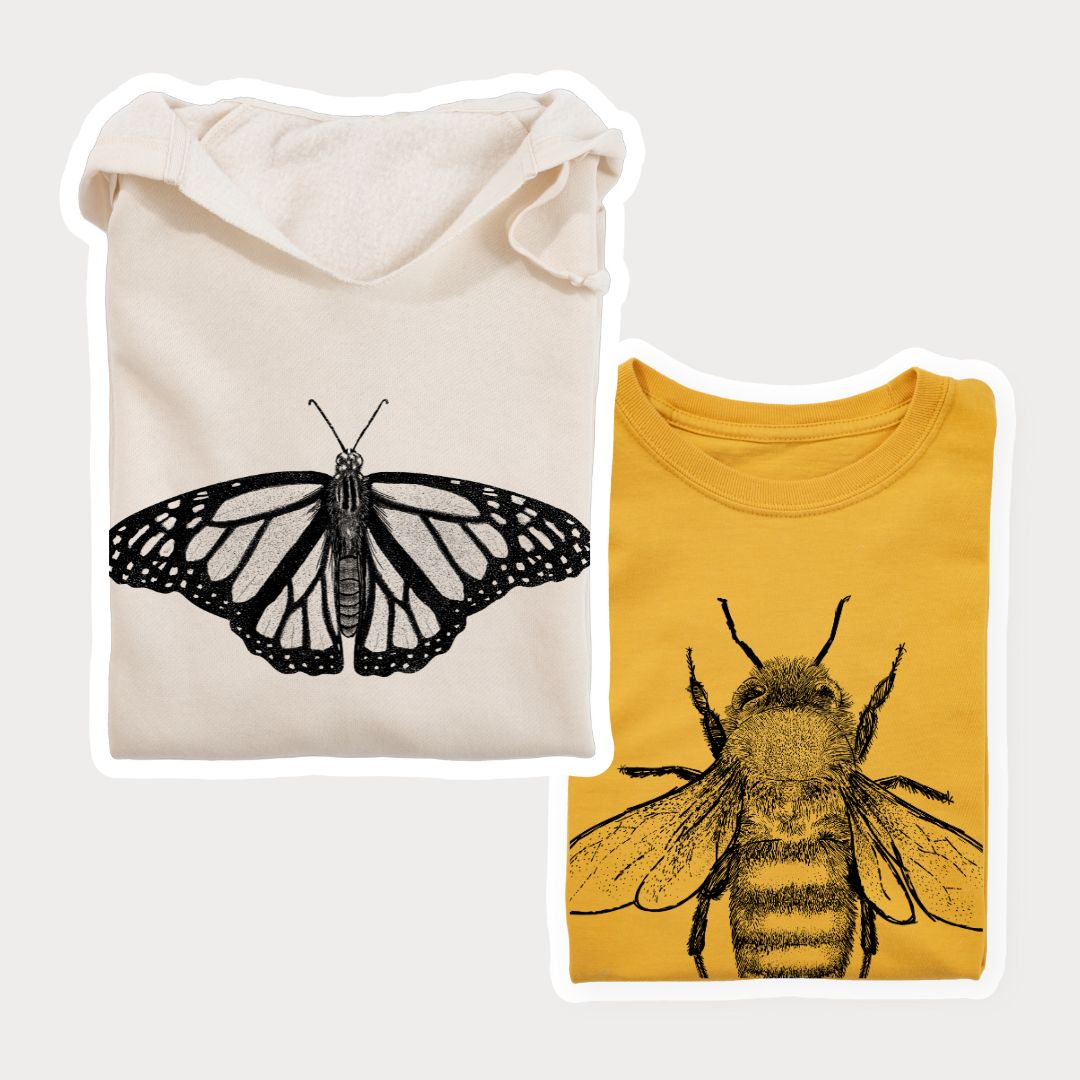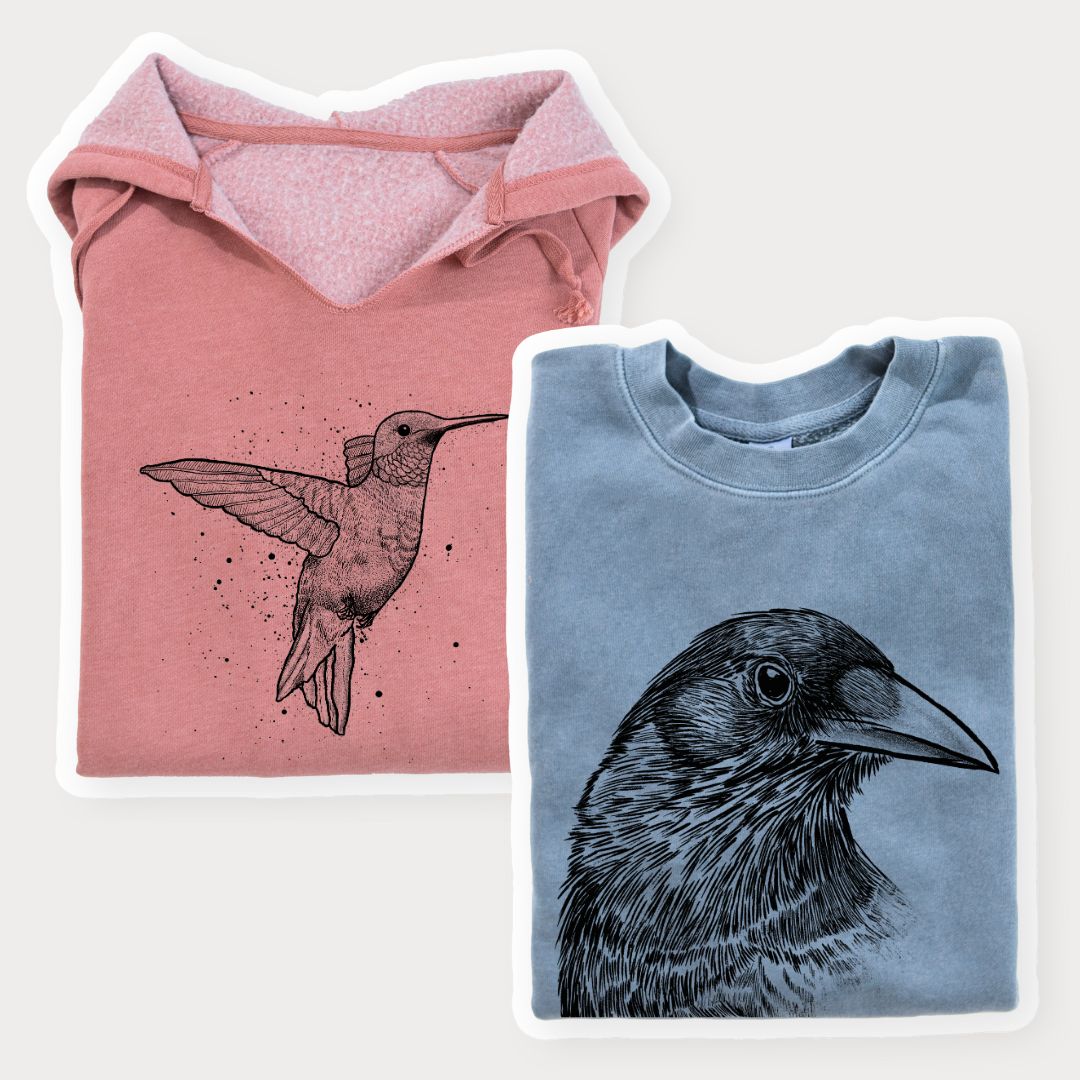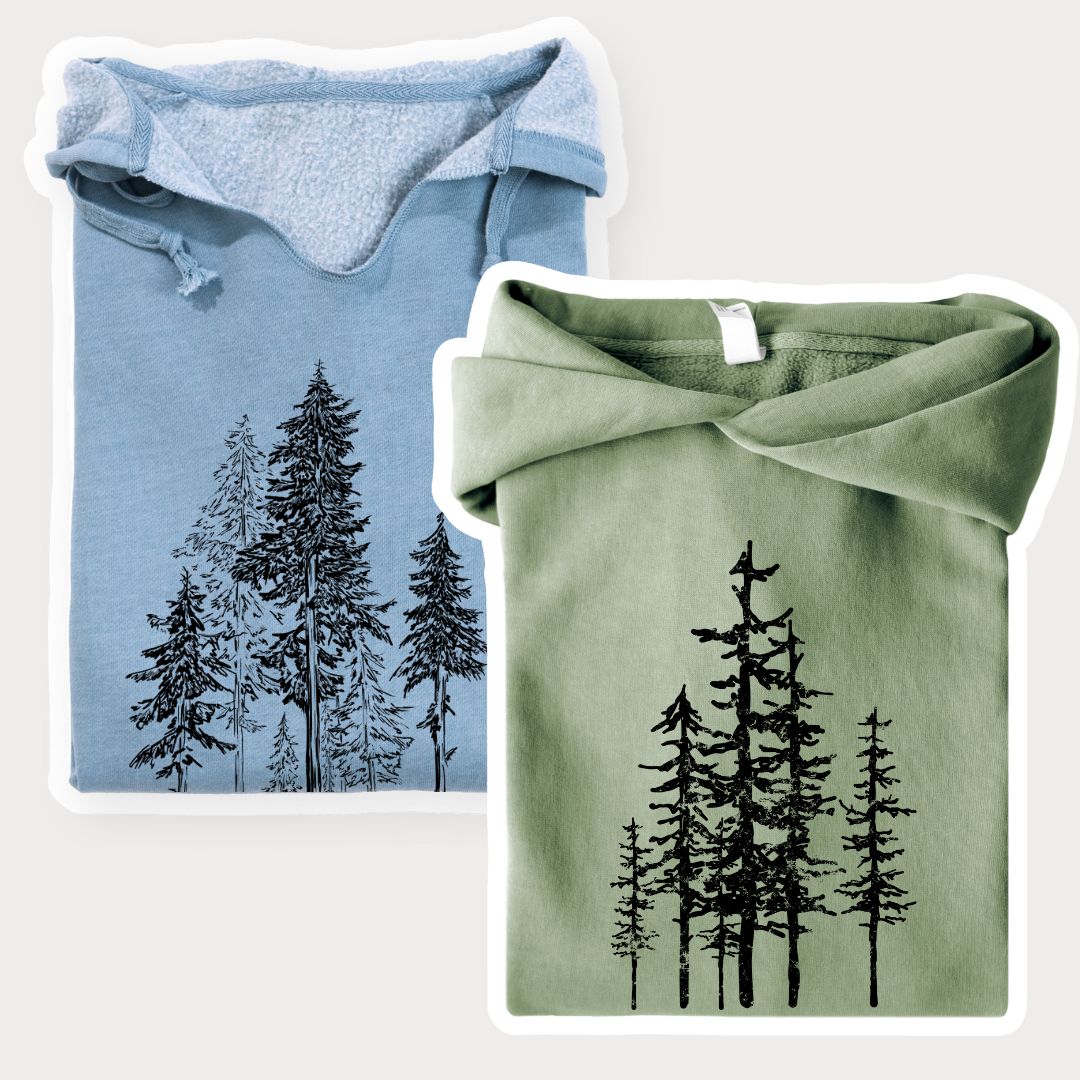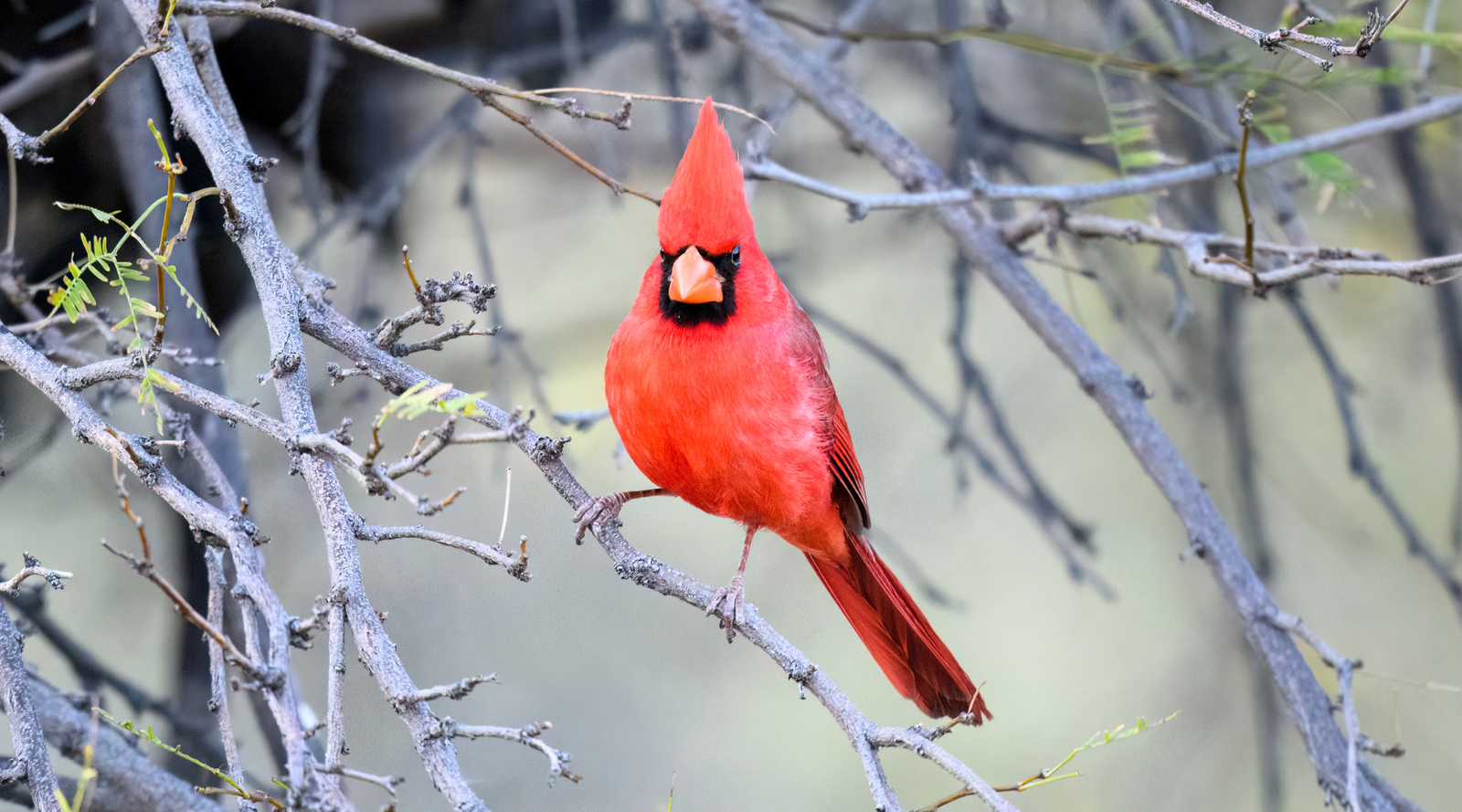Unveiling the Opossum Lifespan: Secrets of Survival
Welcome to the twilight world of the opossum (Didelphidae), America's very own marsupial marvel. These creatures may not win any beauty contests, but they have some nifty tricks up their sleeves (or should we say pouches?) to navigate life's challenges. So, grab a cozy spot and a cup of your favorite herbal tea, and let's delve into the unexpectedly captivating and slightly hilarious life of the humble opossum.

Who Invited the Opossum?
First, let's address their appearance. With a face that only a mother (or an avid marsupial enthusiast) could love, opossums have a charm that is, well, unique. Sporting a set of 50 teeth (more than any other North American land mammal), a prehensile tail that doubles as a fifth limb, and the kind of hairstyle that suggests they've just woken up, these creatures are a sight to behold. But don't be fooled by their quirky exterior—opossums are survival specialists.

A Night in the Life
Our nocturnal friends are the introverts of the animal kingdom. They prefer solitary evenings and rarely appear at the forest's latest social gatherings. An opossum's idea of a wild night includes rummaging through the underbrush, scavenging tasty treats, and perhaps playing a game of "freeze tag" with predators—more on that later.
Similarly to creatures such as raccoons, opossums are opportunistic eaters, feasting on anything from fruits and bugs to snakes and small rodents. Think of them as nature's cleanup crew, keeping our backyards free of debris and pests. Their diet is as eclectic as the music playlists of their human admirers—everything from classic rock (insects) to smooth jazz (fruits).

Masters of Misdirection
Now, let's talk about their specialty: playing dead. When threatened, an opossum will collapse in a faint, exuding a scent of death and decay (a bold fashion choice in the animal kingdom). This "playing possum" act is so convincing that predators often lose interest. Who wants a meal that doesn't even have the decency to run away?
This remarkable involuntary reaction, complete with a stiff body, open mouth, and the occasional tongue hanging out, can last a few minutes to several hours. It's the opossum's version of ghosting someone at a party—extreme but effective.

The Opossum Lifespan Ledger
Opossums live fast and, unfortunately, don't live long. With a lifespan of only about two to four years in the wild, these creatures are the epitome of living in the moment. This brief lifespan is partially due to their place on the food chain and their propensity to wander onto roads. In opossum society, the fast and the furriest doesn't always mean a long life, but it certainly means an adventurous one.

A Closer Look at the Numbers
Why such a brief stay on Earth? The reasons are multi-fold:
- Predator vs. Opossum: Despite their best efforts at playing dead, opossums are often on the menu for larger predators. Their defense mechanisms, although cunning, aren't foolproof against creatures that decide to double-check their meals.
- Dangerous Highways: Opossums have not received the memo about looking both ways before crossing the street. This results in a high number of road fatalities, significantly impacting their population numbers and average lifespan.
- Harsh Living Conditions: The life of an opossum isn't a walk in the park. They often deal with harsh environmental conditions, scarcity of food, and the hustle of avoiding danger, which can all wear down their resilience over time.
Comparing with Captivity
Interestingly, when shielded from predators and traffic, opossums in captivity can live a little longer, sometimes up to 4 or even 5 years. In these settings, opossum's quirky eating habits can be indulged safely, and their health is monitored and managed, which may extend their surprisingly brief lifespan a bit more.

A Biological Clock Worth Noting
It's also worth noting that opossums have a high reproductive rate, which is nature's way of ensuring that the species thrives despite individual members' short lifespans. Females can give birth to up to 20 babies per litter, though not all of these joeys will survive to adulthood.

Why Should We Care?
So, while the opossum's life might be short when measured in years, it's rich in adventures and filled with ecological purpose. Their hearty appetite for ticks helps control the spread of Lyme disease. A single opossum can devour up to 5,000 ticks in a season! They're also immune to snake venom, making them a great line of defense against venomous serpents.
Moreover, as odd as they may look, opossums are a link to the ancient wildlife of North America. They've been around since dinosaurs, and their resilience is something to admire. In an age where every critter seems to be posting selfies and looking for their share of the spotlight, the opossum remains shrouded in mystery, quietly keeping our ecosystems in check.

Conclusion: Embrace the Opossum
So, next time you spot an opossum shambling through your garden or playing dead in the road, give a nod of respect (from a distance). They may not be the cuddliest or the cutest, but they sure make life on Earth a little more interesting and much less tick-infested.
Remember, every creature has its story, purpose, and even charm. The opossum teaches us that beauty truly is in the eye of the beholder and that sometimes, the best thing you can do is play dead and wait for trouble to pass. Here's to the peculiar, the misunderstood, and the downright scrappy—long live the opossum!
For even more insights into the life and quirks of these fascinating creatures, check out our article on "8 Fascinating Facts About Opossums".
















Leave a comment (all fields required)